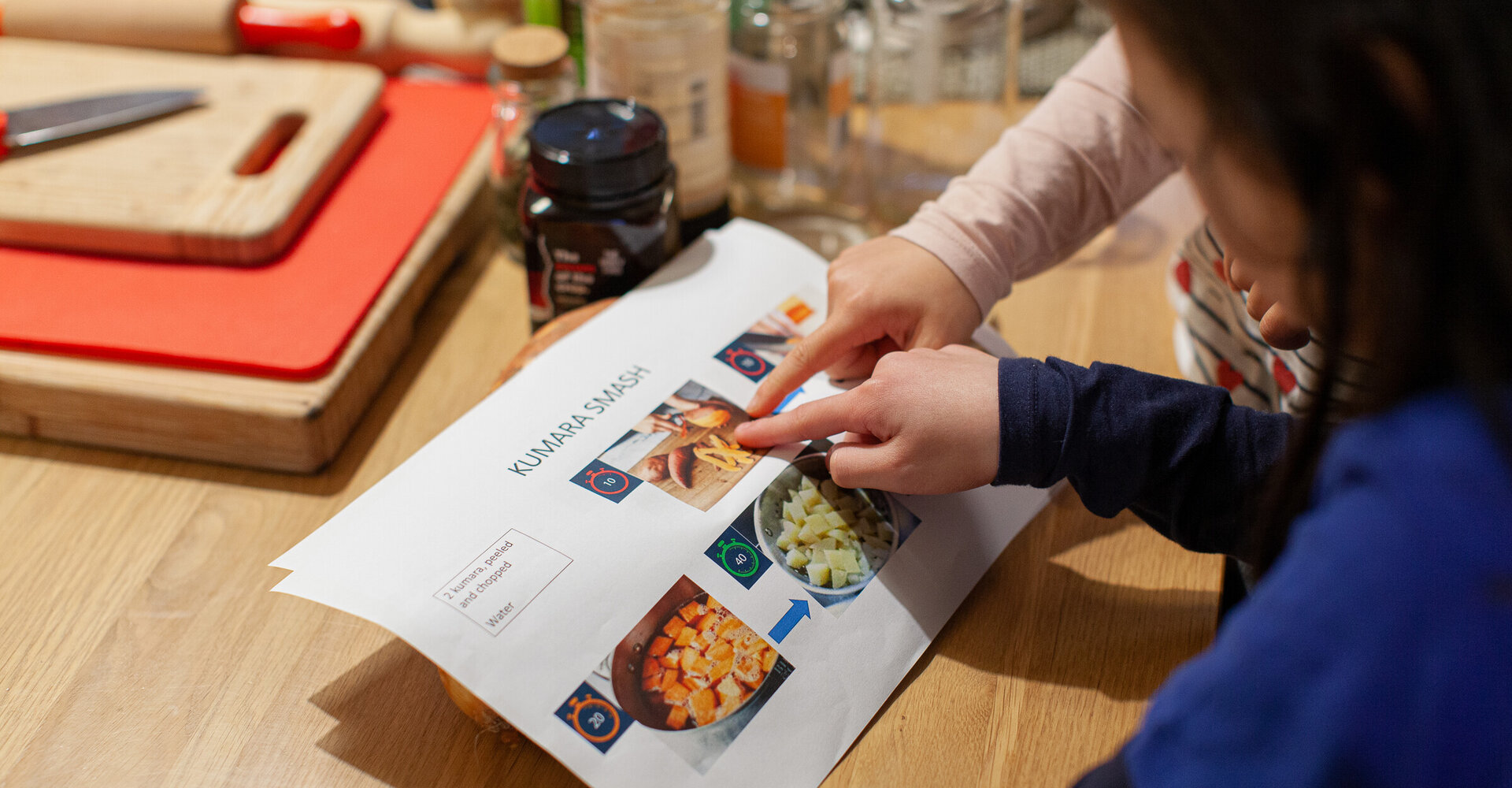Tell us about yourself and what you're up to right now.
We’ve just launched our Museum of Futures Exhibition at NSW parliament, which invites us to imagine our shared futures. 10 diverse Sydney communities explored how they hoped life in Sydney would pivot beyond the pandemic and their ideas were given to 10 Australian artists to interpret into stories about possible futures.
I’m also doing a PhD in Experiential Futures Thinking, which covers things like, how do we imagine different futures? And what gets in the way of us imagining regenerative futures? How do we use things like art and storytelling to help people imagine?
Are you seeing people experience food in different ways since the pandemic?
Food is the most ubiquitous experience we all share. It’s more than just fuel; it’s emotion, nostalgia, sustenance, an art form.
The Covid-19 pandemic took us deep into food production and supply chain disruptions. That’s added onto what many of us were already sensing about climate change – that we can’t expect to get what we want, when we want. It motivated many people to look at our relationship with food and what to do in times of scarcity.
Our research made it clear that the futures people want are not about material possession and technology but about community and nature. It got us looking into deep questions like, who controls the means of production of food, how does this impact decisions about land use? We see how food production is scaled up to be a commodity, beyond local knowledge, sustainable production, and food as identity.
What changes could influence societies’ food pathways into the future?
There are some noticeable changes, but there’s some post-pandemic reversion to the mindset of food as a convenience product that’s only there to help us get through the other aspects of our lives.
We question whether it’s really all that convenient in the end – sharing food together is a very human act, and ‘outsourcing’ food as a convenience product removes an important way to connect with others. People will always need some sort of social connection, so they still have to seek that elsewhere if they’re not getting it through food.
While we’ve seen raised awareness about the human connection that comes with food, many people say they lack agency to do something or change the system. It doesn’t help that many of us are from cultures that revere individualism – it’s a bigger leap for those of us who are used to the narratives of self over community.
It’s a really big challenge to get people to understand their own agency. The pandemic showed us all that society’s capacity to change cultural systems can happen, and can happen quickly. But for this continue, we really need to shift from the view of ourselves as consumers towards that of being citizens.
What will support these kinds of shifts?
Climate change and AI will rattle everything. AI could lead to inequality OR create a newer, more level playing field, in terms of who gets to participate in decisions and actions.
If societies increasingly thought about food as a human right, this would influence how decisions are made about food. This could help highlight the problem of using the word ‘business’ in association with food; food should not be a business, and people should not be getting rich off what we eat.
We’re definitely seeing more food conversations happening in many communities that never engaged before. I think awareness will continue to grow and we will see increasing pride in knowing the origins of the food we eat and cook.
We also need to support a mindset change to look at what we’ve got in terms of the abundance of things at different times, instead of feeling a sense of loss when something’s not available. We need to look beyond food as a tradable commodity – policymakers and decision-makers should consider how food helps societies and communities connect to the land and other people. And if something is going to get in the way of that, there should be an adjustment.
Want to check out the Museum of Futures? Visit the website and virtual gallery here.


